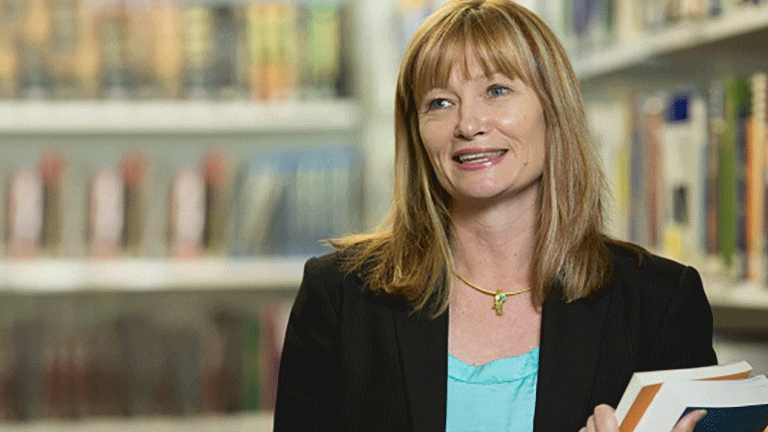
University of Newcastle behavioural scientist Christine Paul will work with Cancer Council NSW, Cancer Council Victoria and HMRI to help ensure that distressed cancer patients and their families receive the best possible health counselling when they phone for support.

University of Newcastle behavioural scientist Christine Paul will work with Cancer Council NSW, Cancer Council Victoria and HMRI to help ensure that distressed cancer patients and their families receive the best possible health counselling when they phone for support.
Associate Professor Paul’s new study received almost $290,000 in National Health and Medical Research Council funding on Thursday and is also generously supported by the respective Cancer Councils.
“This is a partnership in which they make a very substantial contribution,” Associate Professor Paul said of the Cancer Councils. “Their support for the study shows their commitment to providing the community with the best possible, evidence-based support.”
It will examine how best to respond to callers who are suffering distress, introducing more structured questions and tracking whether this technique gives callers a better platform to discuss emotions.
“The operators do provide emotional support but it is often quite conversational on those telephone lines,” Associate Professor Paul told the Newcastle Herald. “It may be that people don’t like to raise it, and then when someone actually asks them they don’t mind talking about it, but they just don’t want to be a burden.”
The three-year study will follow up with callers and compare their experiences with the operators, most of whom are cancer nurses. The results may ultimately help develop a national standard ensuring optimal emotional support for callers around the country.
A/Prof Chris Paul is an NHMRC Career Development Fellow with the School of Medicine and Public Health, Priority Research Centre for Health Behaviour and Hunter Medical Research Institute. Other researchers involved with the study are Dr Allison Boyes, Professor Paul Jacobsen, Lorna O’Brien, Dr Tara Clinton-McHarg, Dr Anna Boltong and Professor Patrick McElduff
HMRI would like to acknowledge the Traditional Custodians of the land on which we work and live, the Awabakal and Worimi peoples, and pay our respects to Elders past and present. We recognise and respect their cultural heritage and beliefs and their continued connection to their land.

Hunter Medical Research Institute
We’re taking healthy further.
Locked Bag 1000
New Lambton
NSW, Australia, 2305



This site is protected by reCAPTCHA and the Google Privacy Policy and Terms of Service apply.
Copyright © 2024 Hunter Medical Research Institute | ABN: 27 081 436 919
Site by Marlin Communications
